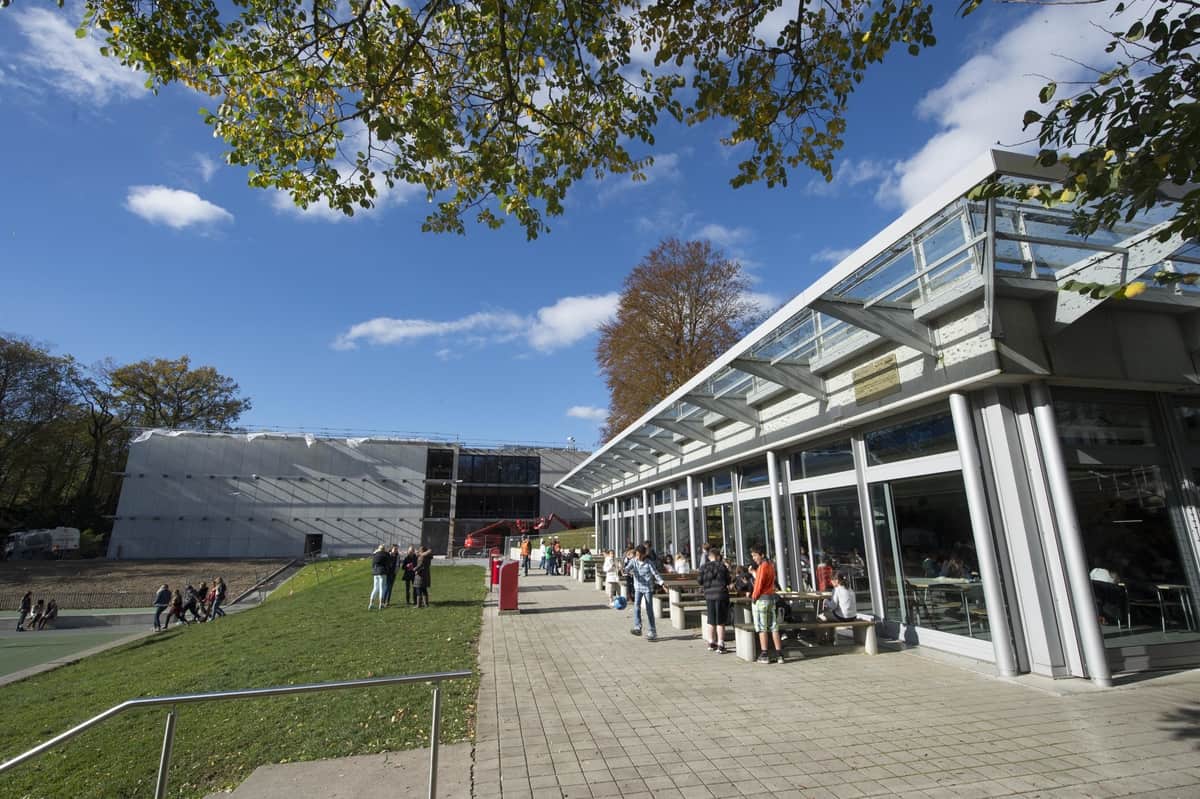By Anonymous
Whether or not students are appreciative of Learning Commons, they are here to stay. The extra time slotted into student timetables is much appreciated by the majority of LGB students, who use the time to cram the week’s workload into a measly 45 minutes or to merely relax and socialize.
However, are Learning Commons justified? Given that the floating Learning Commons eliminates one period of class per week, this has a significant impact on important classes. Students are divided on the subject, as some find that the extra time it helps them manage their stress, while others find it the cause of stress as their valuable class time is condensed each week.
On one hand, the concept of Learning Commons sums up the entire ethos of the ULP, encouraging collaboration in the form of group work, promoting student-teacher meetings and communication, as well as supporting students trying to manage heavy workloads. However, for some less-dedicated members of our school community, it means longer lunchtimes, extra time spent drinking coffee across the road, or being raucous in the Espace des Elèves.
Is this truly what the school intended? For starters, the concept does not appear to be wholly thought-through. Students wanting to work during this time are provided with the Espace des Elèves, although this space is intended for IB Students in need of peace and quiet. As students begin trooping up the concrete stairs to the top floor of the Centre des Arts, it becomes quite clear that they need more space for Learning Commons.
Not only does the lack of sufficient locales indicate poor planning, but there is no support for students during this time. Given the aim of Learning Commons is to help students, why are there no support, revision and extra classes offered during this time? Why not offer clubs during Learning Commons, instead of relegating them to fleeting breaks and lunchtimes.
Disorganized and ambiguous are two words that come to mind when Learning Commons are mentioned. Students are sporadically informed of the time and date of the Learning Commons by mentors or subject teachers, but generally are left to rely on word of mouth to figure out when and where they are meant to go, which is too little, too late.
Overall, while Learning Commons do demonstrate the school’s taking-on-board of student feedback, it overwhelmingly portrays a lack of planning with regards to the what, the where and how Learning Commons should function, which seem to be rather important when organizing logistics for a hundreds-strong student population.



What a brilliant challenge to learning commons! What a shame the author chose to remain anonymous, when their article is greatly laudable. Stay critical!